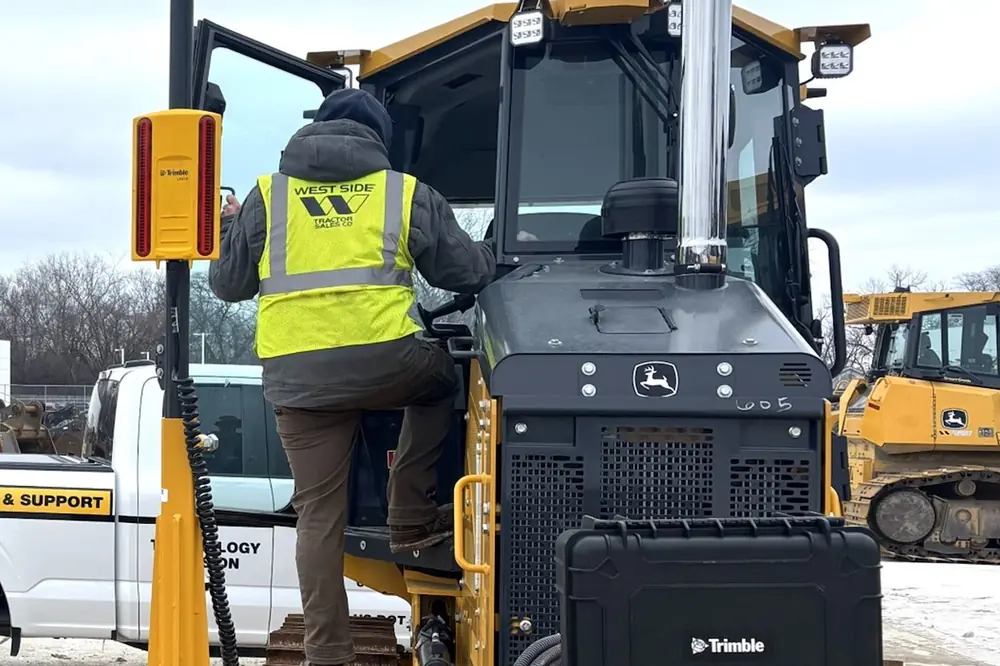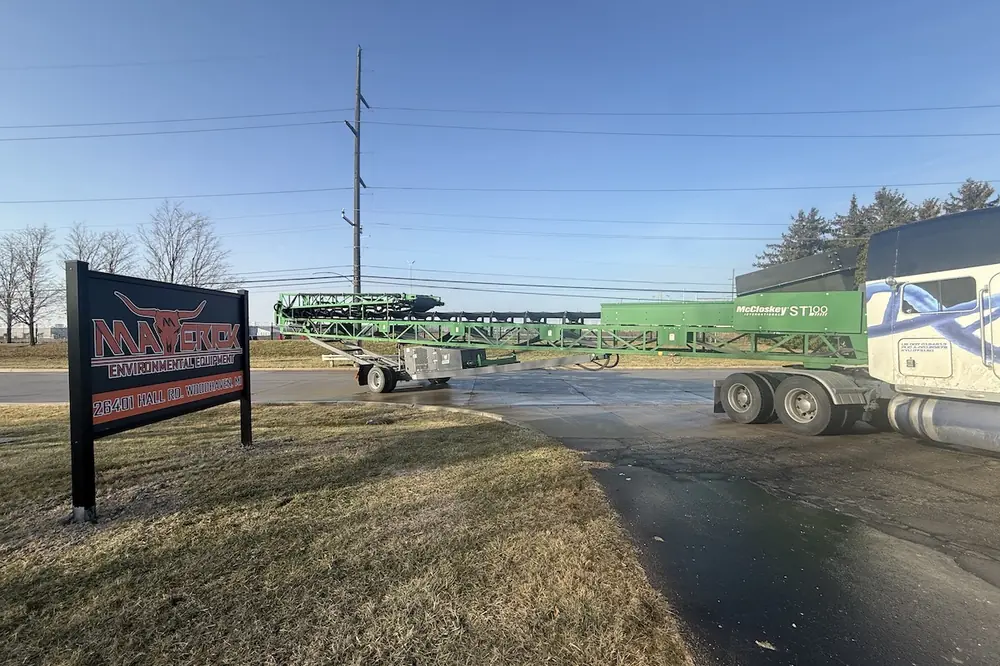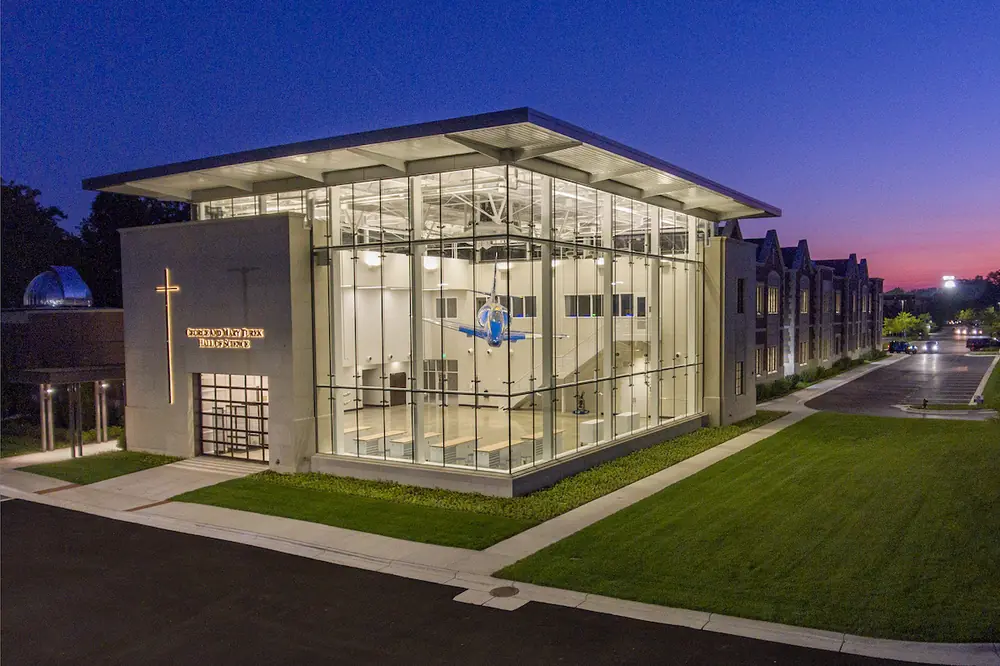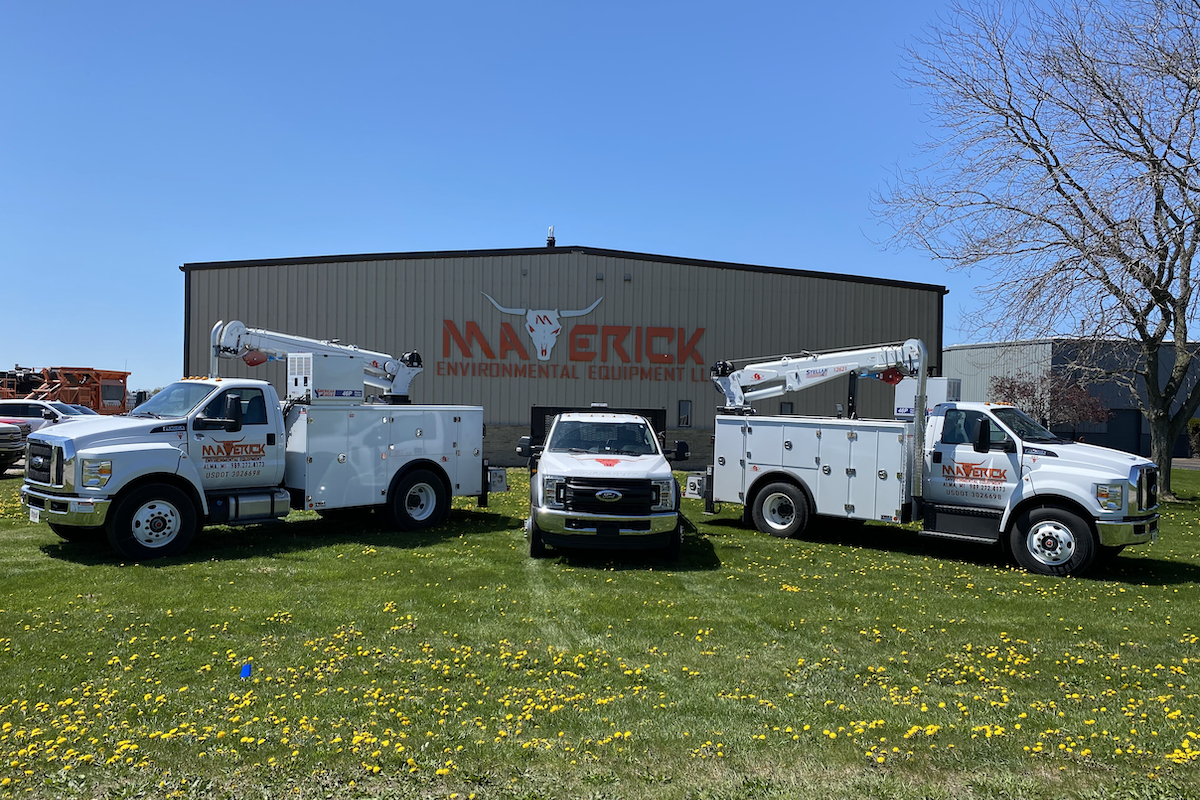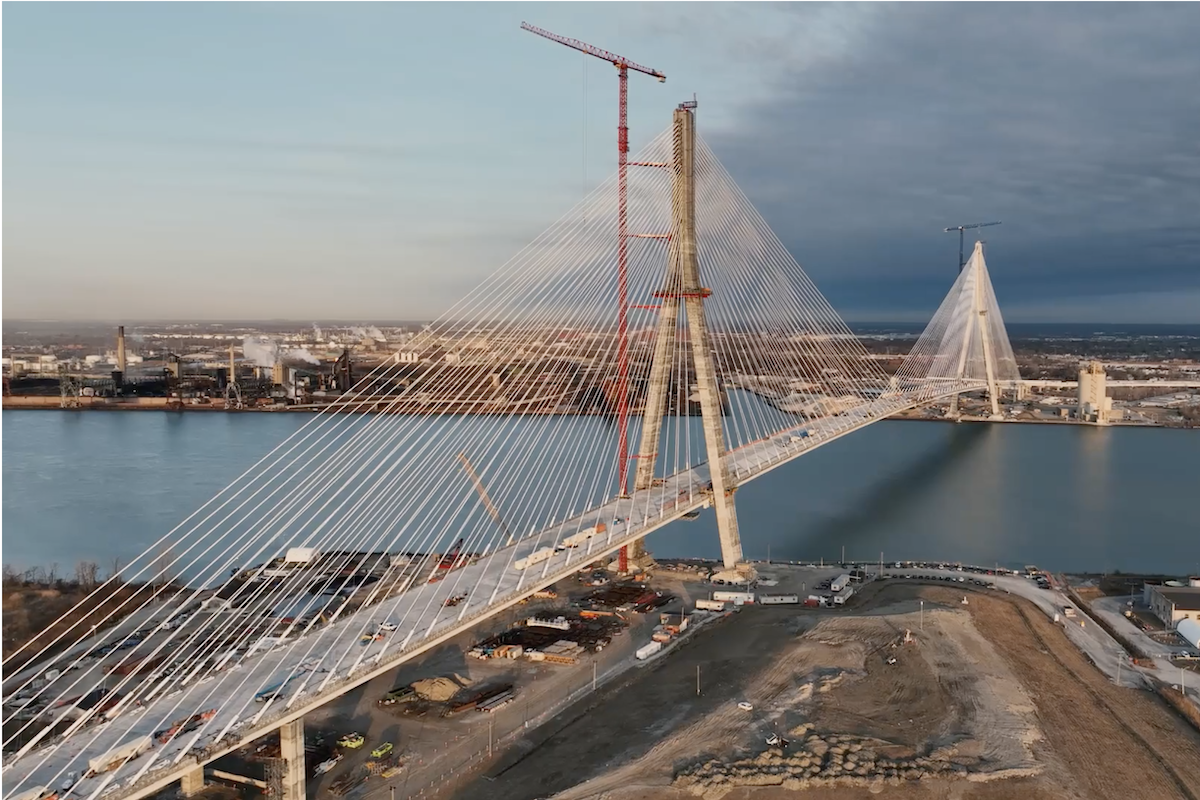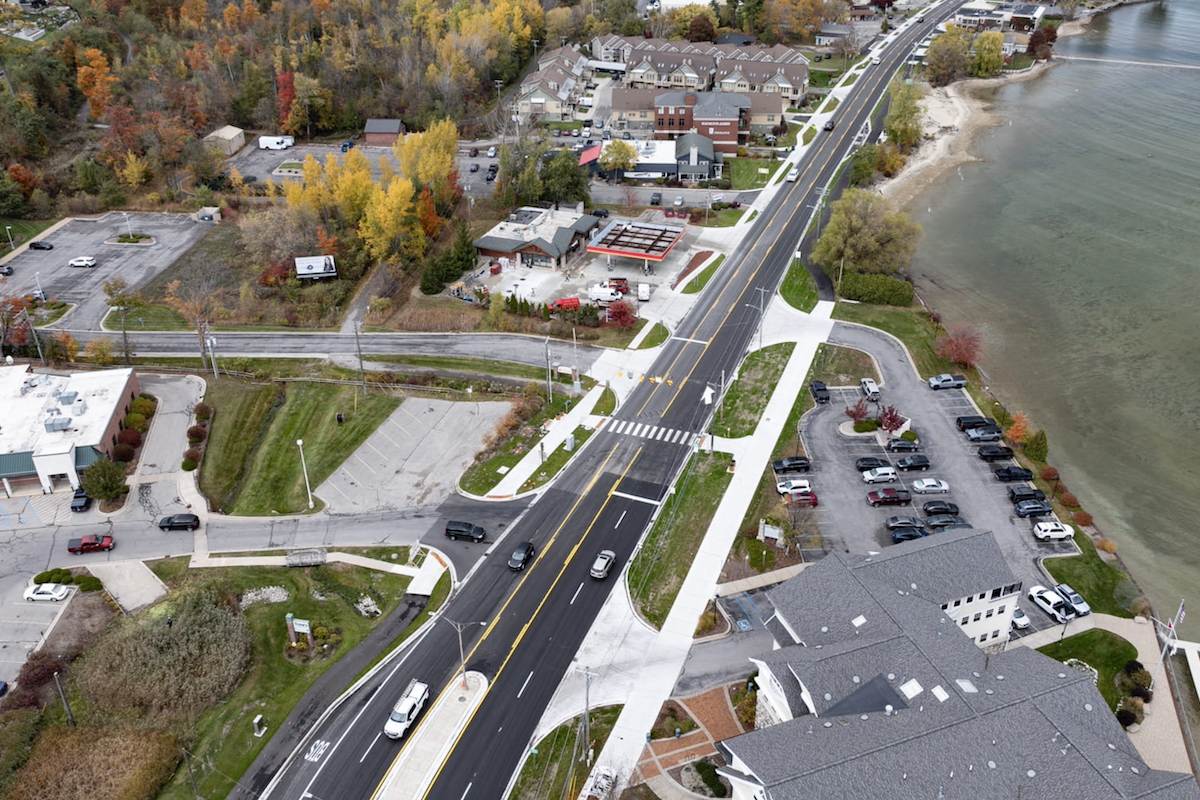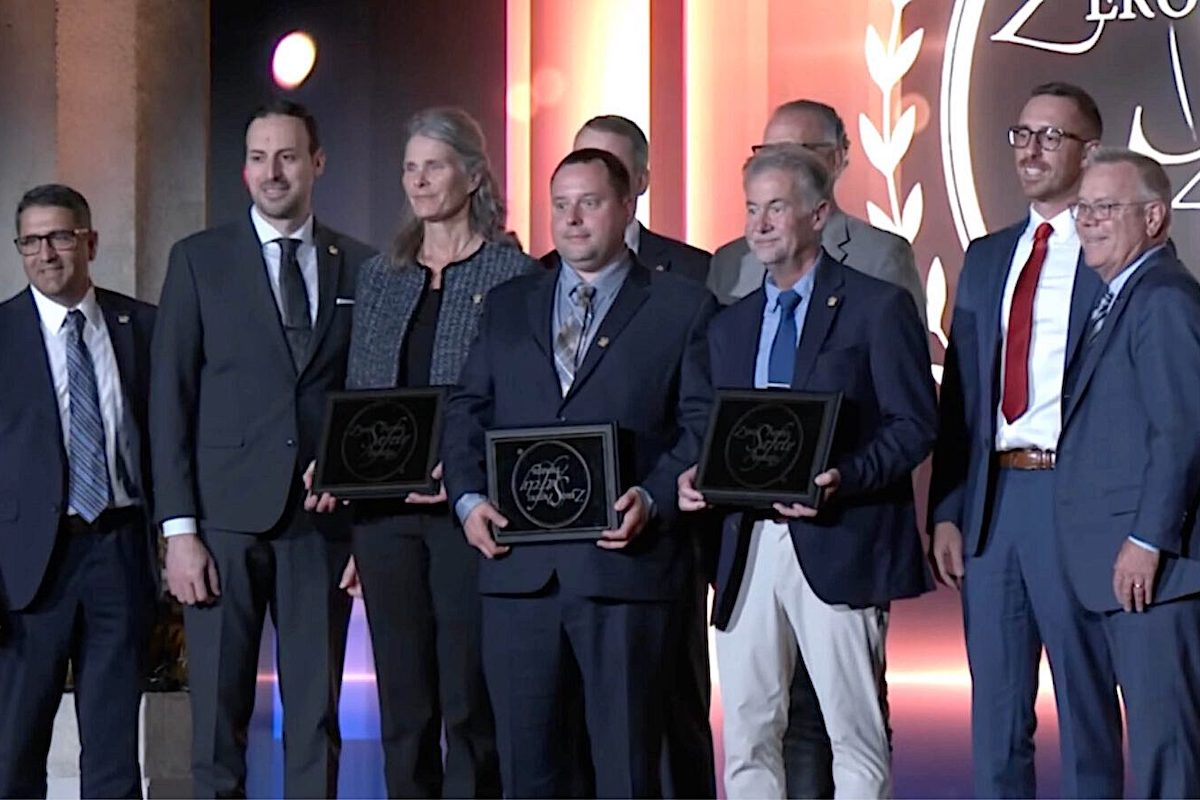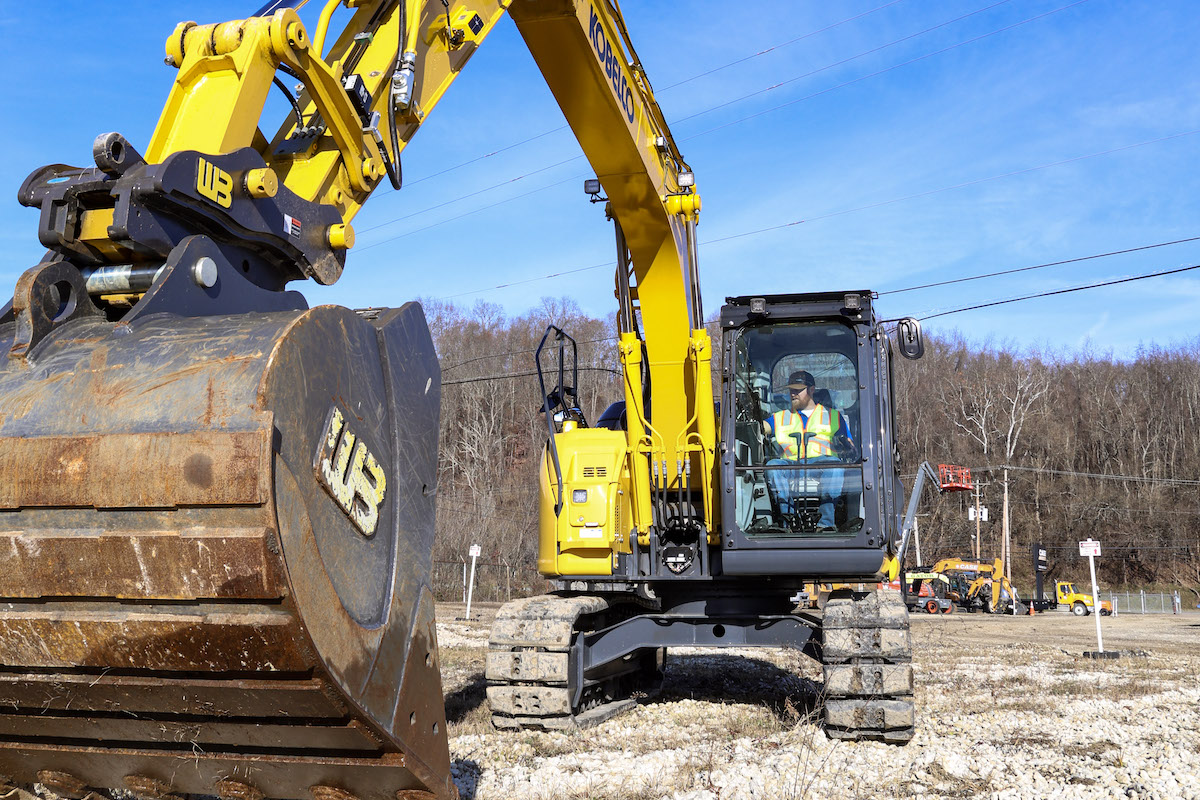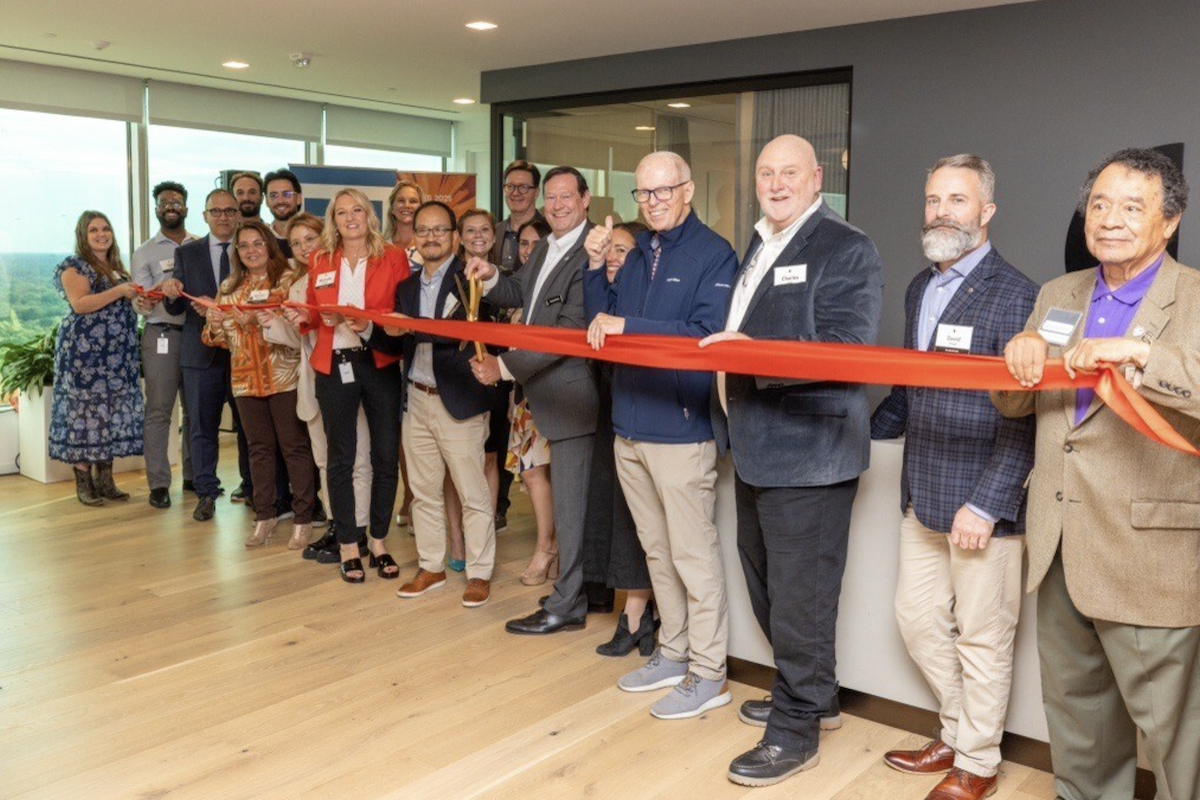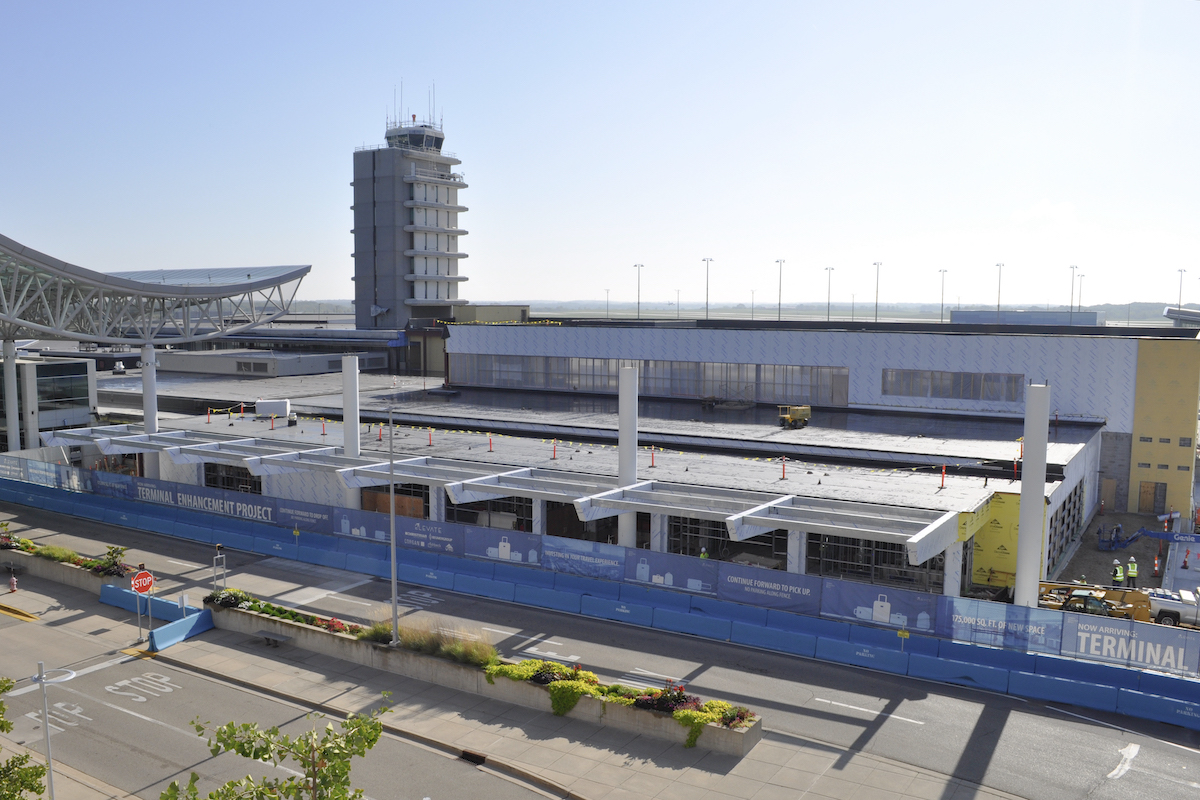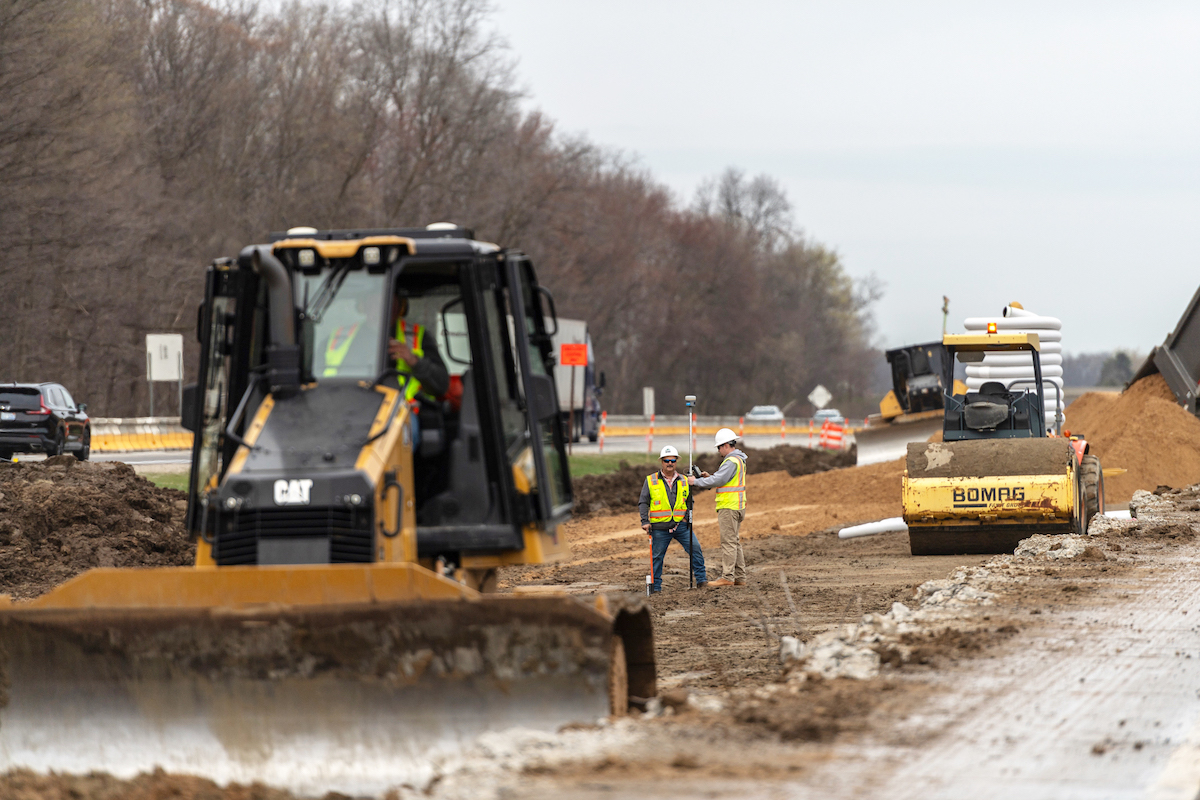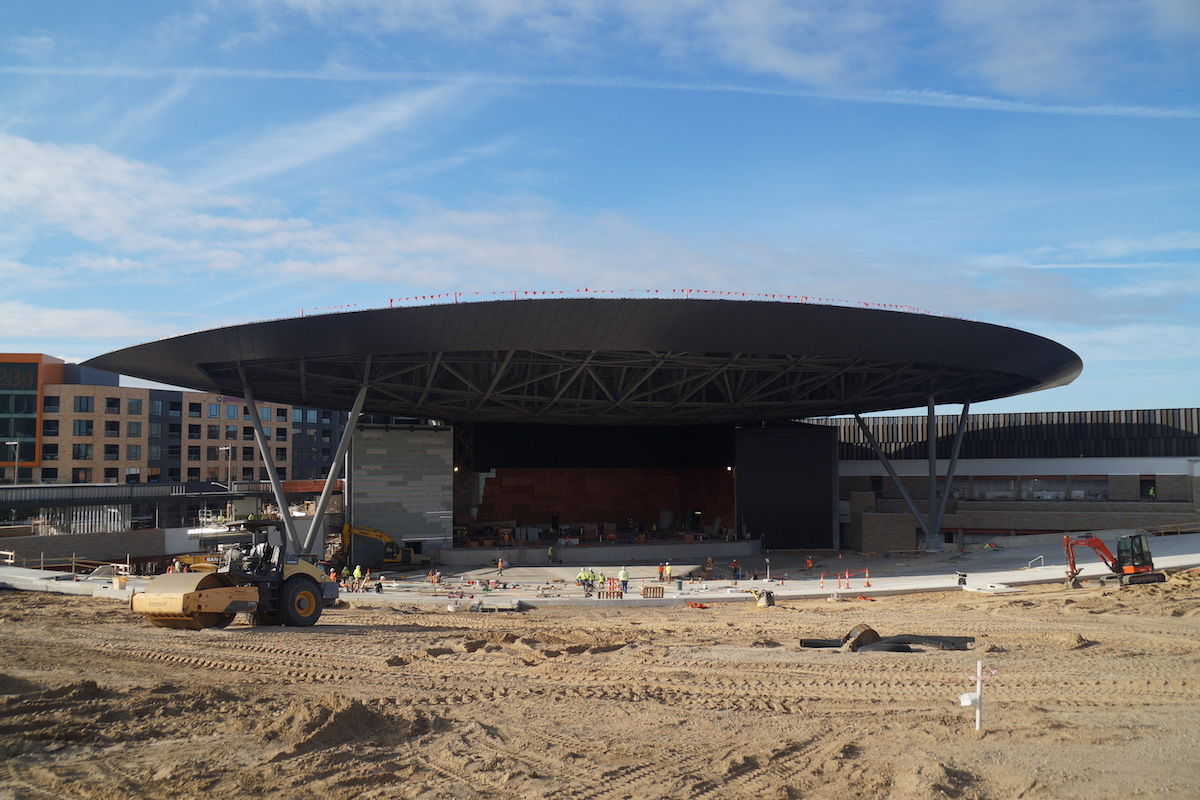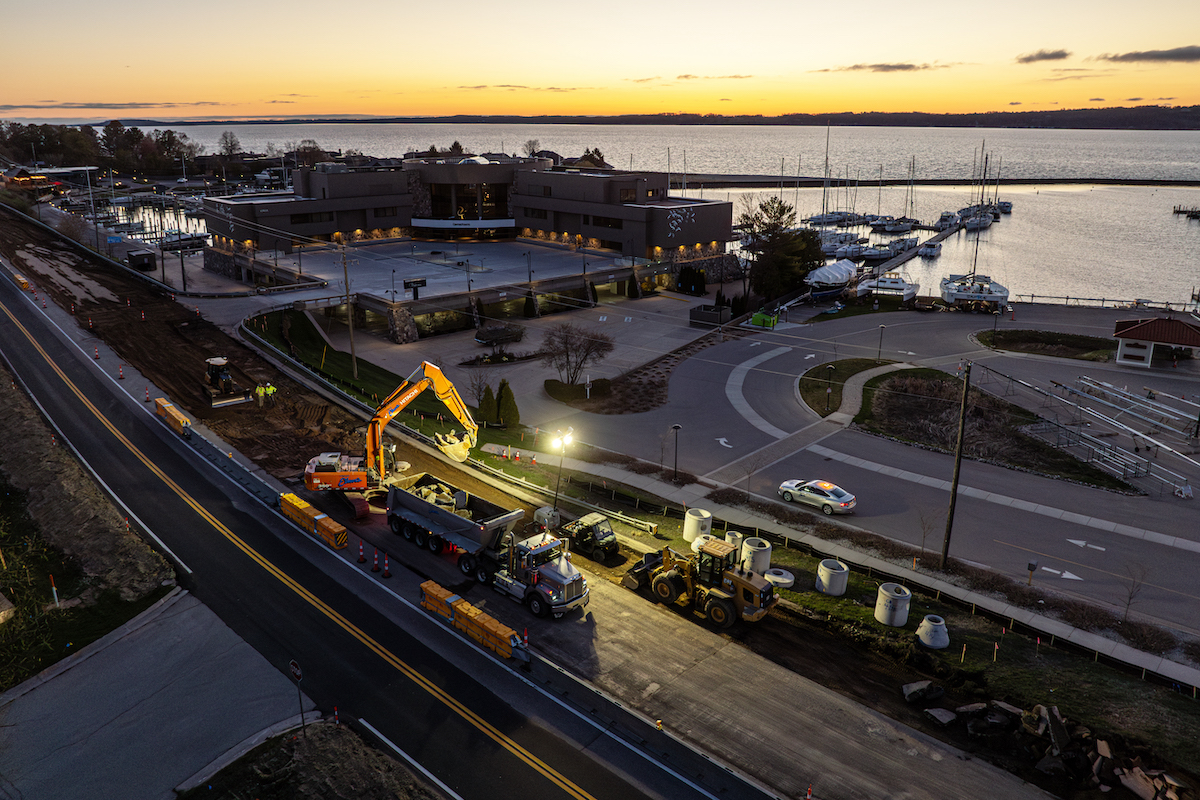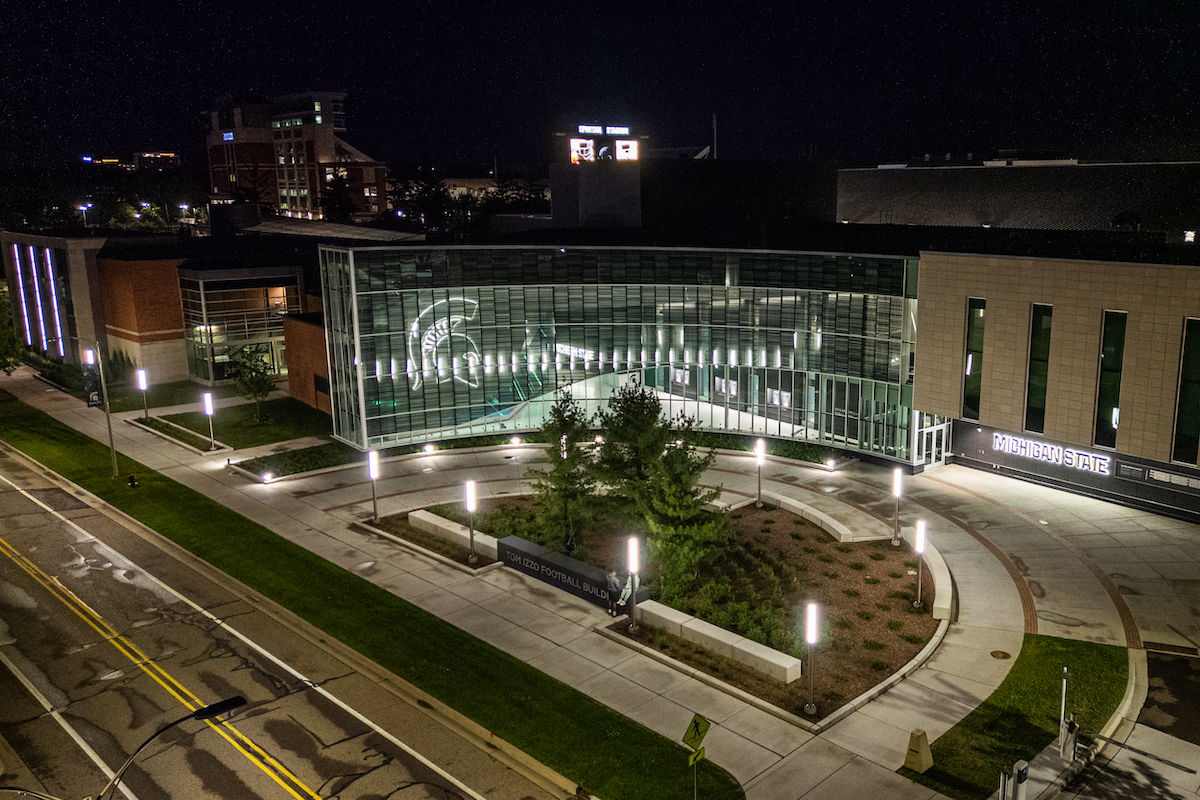Local Road Agencies Benefit from New Statewide Wetland Mitigation Program

This summer, the Michigan Wetland Board (MiWB) released the program’s first wetland mitigation site sponsored by the Keweenaw County Road Commission (KCRC), which is located in Mohawk on the Upper Peninsula’s Keweenaw Peninsula.
MiWB was established by state law in 2017 to assist city, village and county road agencies in meeting statutory requirements that they set aside and preserve wetland acreage to compensate for impacts to other wetlands that were impacted by a road project. These are called wetland pre-mitigation sites or wetland preservation sites.
MiWB uses state funds to purchase and preserve acres of forested wetland. The resulting mitigation credits are available free of charge to local road agencies needing mitigation credits to comply with state environmental laws, so that the road project may continue. Depending on the extent of mitigation needed, the credits may or may not need to be in the same watershed, according to state environmental laws.
While Michigan has several commercial, private-sector wetland sites, the credits are costly and further drive up the price of local road projects. A few counties and municipalities have their own wetland sites; however, the expertise and cost required to set them up is significant.
That is why one of the first MiWB sites selected was 80 acres in Keweenaw’s Bete Grise Preserve, about 10 miles southwest of Copper Harbor. The credits are urgently needed by the Keweenaw County Road Commission, which must relocate Gay Lac La Belle, a primary road, inland to avoid further erosion by the historic high-water levels of Lake Superior.
“I contacted the Keweenaw Community Forest Company, which manages the Bete Grise Preserve on behalf of the Houghton Keweenaw Conservation District,” said Jeff Silagy, MiWB Wetland Manager. “The land MiWB funded for Keweenaw was private land within the boundaries of the Bete Grise Preserve.”
“Most county road agencies don’t have the expertise to manage a wetland, so it was a perfect alliance between the Keweenaw County Road Commission, the Houghton-Keweenaw Conservation District and the Keweenaw Community Forest Company,” Silagy said. “State funds through MiWB will allow a half-mile of Gay Lac La Belle road to be relocated in 2020 or 2021.”
Deciding How Much Wetland is Needed
The amount of wetland to be mitigated depends on the scope and type of impact a road project has on an existing wetland. A road agency must preserve or create a wetland in its watershed if the project will impact one-third acre or more. If less than one-third acre, the agency can tap a mitigation site anywhere in Michigan.
Although KCRC will need two to three acres of mitigation credits to complete Gay Lac La Belle Road project, the Bete Grise Preserve site has additional credits that can be shared with other Michigan county road agencies.
A local board with representatives from KCRC, the Baraga County Road Commission and Houghton County Road Commission approved a mitigation credit request from the Washtenaw County Road Commission (WCRC).
WCRC was granted 0.35 acre from the Keweenaw County site, allowing it to pave two gravel roads in Salem Township: Five Mile Road and Chubb Road.
“While we were planning the projects, we researched how to mitigate the impact on the adjacent wetland. We looked at buying wetland credits for sites in the community,” said Matt MacDonell, PE, WCRC Director of Engineering.
“It was going to be about $40,000 to secure the necessary credit. But thanks to the Keweenaw County MiWB site, we were able to use the credits with no cost. It was one more expense we didn't have to incur on a very expensive project,” MacDonell said.
The five-member Michigan Wetland Advisory Board is statutorily charged with utilizing the state funds, which are off-the-top Michigan Transportation Funds, to establish sites, facilitate multi-party land agreements and create local MiWB advisory panels across the state for the purpose of making road projects quicker and less costly.
MiWB can create wetland bank sites, wetland pre-mitigation sites or wetland preservation sites. The Keweenaw site is the first so far, and several more are in progress. The program is a collaboration across many organizations coming together in agreements to satisfy environmental concerns while also advancing road projects in a cost-effective manner.











